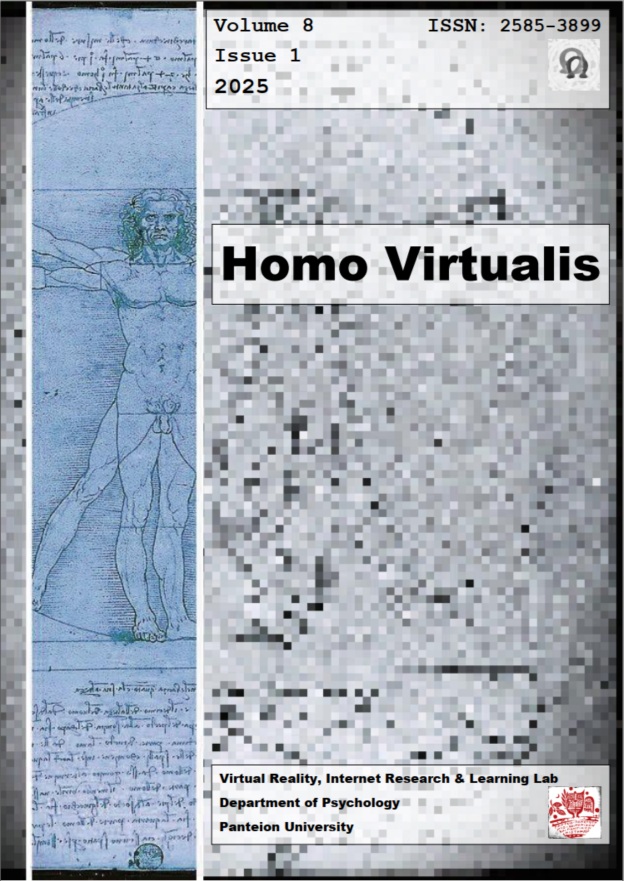Tentacular Thinking: Towards an Alternative Epistemology of Relationality

Abstract
This article introduces and analyzes the concept of tentacular thinking as a radically alternative epistemological, ethical, and aesthetic proposition. Grounded in process philosophy, ecofeminism, posthumanist theory, and science and technology studies (STS), tentacular thinking proposes a non-linear, networked, and interdependent approach to understanding the world. The study traces its historical roots, emphasizing the contributions of Heraclitus, Spinoza, Merleau-Ponty’s phenomenology, and Deleuze and Guattari’s rhizomatic theory. Drawing on examples from biology (mycorrhizal networks, cuttlefish, coral reefs), the article highlights the importance of organic interdependence and relational ontologies. Practical applications are suggested for pedagogy (transdisciplinary curricula, collective learning trajectories), art (participatory works, open installations), and politics (community assemblies, care-based workshops). Furthermore, the article offers a critical examination of certain posthumanist narratives that remain technocentric and subtly anthropocentric, emphasizing instead the need for embodied, ecological, and material entanglements. Tentacular thinking emerges not merely as a theoretical framework but as a practical proposal for reweaving our connection with the world. The study concludes by advocating for the gradual cultivation of a new ethics of kinship, care, and participatory co-creation. Within this framework, uncertainty, complexity, and interdependence are transformed into creative resources, outlining a new path toward collective coexistence and planetary belonging.
Article Details
- How to Cite
-
Oikonomou, A. (2025). Tentacular Thinking: Towards an Alternative Epistemology of Relationality. Homo Virtualis, 8(1), 34–44. https://doi.org/10.12681/homvir.42901
- Section
- Articles

This work is licensed under a Creative Commons Attribution 4.0 International License.
Authors who publish with this journal agree to the following terms:
· Authors retain copyright and grant the journal right of first publication with the work simultaneously licensed under a Creative Commons Attribution License that allows others to share the work with an acknowledgement of the work's authorship and initial publication in this journal.
· Authors are able to enter into separate, additional contractual arrangements for the non-exclusive distribution of the journal's published version of the work (e.g. post it to an institutional repository or publish it in a book), with an acknowledgement of its initial publication in this journal.
· Authors are permitted and encouraged to post their work online (preferably in institutional repositories or on their website) prior to and during the submission process, as it can lead to productive exchanges, as well as earlier and greater citation of published work.


